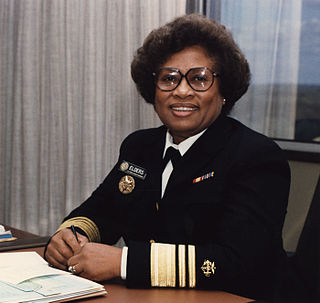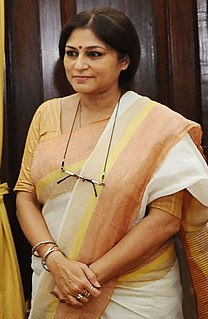A Quote by Anne-Marie Slaughter
Someone must transform income into the food, shelter, clothing, nurture, discipline, education, minding, nursing, transportation, and emotional support that creates life outside of the office, permits survival of the race, cares for the ill and disabled, and makes life livable when we can no longer care for ourselves.
Related Quotes
... if you're poor and ignorant, with a child, you're a slave. Meaning that you're never going to get out of it. These women are in bondage to a kind of slavery that the 13th Amendment just didn't deal with. The old master provided food, clothing and health care to the slaves because he wanted them to get up and go to work in the morning. And so on welfare: you get food, clothing and shelter--you get survival, but you can't really do anything else. You can't control your life.
Everyone—all of us, every last person on God’s earth—deserves decent shelter. It speaks to the most basic of human needs—our home—the soil from which all of us, every last person, either blossom or wither. We each have need of food, clothing, education, medical care, and companionship; but first, we must have a place to live and grow.
Everything that truly makes us happy is quite simple: love, sex, and food! Everything else - power, influence, strength - all those things can overpower what's important in life. But as long as you have food and shelter over your head, if the necessities are taken care of, what makes us happy on top of that is very simple.
Is it just a coincidence that as the portion of our income spent on food has declined, spending on health care has soared? In 1960 Americans spent 17.5 percent of their income on food and 5.2 percent of national income on health care. Since then, those numbers have flipped: Spending on food has fallen to 9.9 percent, while spending on heath care has climbed to 16 percent of national income. I have to think that by spending a little more on healthier food we could reduce the amount we have to spend on heath care.


































